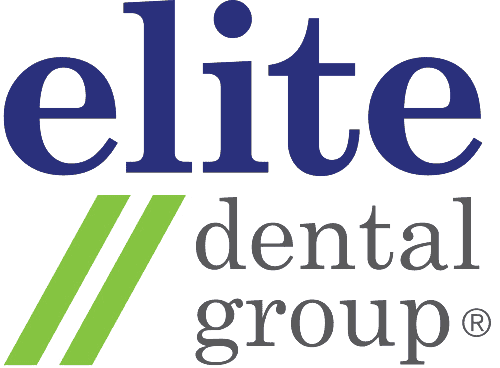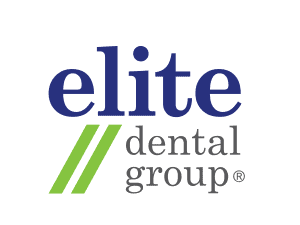18 Jul Dental Problems in the Elderly: 7 Early Symptoms to Look Out For
It is challenging to keep an older adult’s teeth and mouth healthy because age as well as health issues make them more prone to dental problems. In the elderly, there are five prevalent dental problems to watch out for:
- Gum disease
- Tooth decay
- Dry mouth
- Receding gums
- Mouth cancer
Look out for these early symptoms to resolve issues sooner rather than later:
- Toothache
Toothache or dental pain in the elderly population is one of the primary reasons for dental visits[1]. Toothache refers to pain in the teeth and around the jaws and can result in tooth decay. An abscess, meaning a collection of pus, will grow if tooth decay is not managed accordingly. This can also lead to inflammation within the gum, near the teeth, or in the pulp. The infection might also spread to the brain in certain situations and can be life-threatening.
- Sensitive Teeth
If your teeth hurt when you drink hot or cold beverages, you may have sensitive teeth. Due to gum recession, these may be the consequence of:
- Worn fillings
- Gum disease
- Fractured teeth
- Worn tooth enamel
- Tooth decay
- Exposed tooth root
Treatment may depend on the source of the sensitivity. When you are worried about your teeth’s responsiveness, visiting the dentist for advice and treatment plan is recommended.
- Bleeding or Sore Gums
Many older adults suffer from periodontal or gum gum disease caused by plaque bacteria that irritate the gums, making them sore, raw, and more likely to bleed. This will result in a condition known as gingivitis or inflamed gums [2]. When you suffer from gingivitis, your gums can get painful, swollen, and sore. This is the common reason why your gums bleed when you brush them.
- Mouth Sores
Canker sores or mouth sores is also otherwise known as aphthous ulcers. It’s a small, shallow lesion that occurs on the mouth’s soft tissues or on the base of the gums. Canker sores are not contagious, but they can be unpleasant and can make eating and talking [3].
Nevertheless, in a few cases, canker sores may indicate mouth cancer. Oral cancer or mouth cancer starts in the cells lining the mouth. Damaged cells can then grow uncontrollably to form a tumour [4]. The tumour can grow on the tongue surface, the inside of the cheeks, the mouth roof (palate), the lips, or the gums.
- Bad Breath
Bad breath is sometimes referred to as halitosis. If someone has bad breath, it can be embarrassing, and can even cause anxiety in some people. The causes of bad breath can include health conditions, bad dental habits, and certain foods.
In several cases, consistent and proper dental hygiene can improve bad breath. However, if basic self-care methods will not fix the issue, a visit to the dentist or doctor is considered ideal to ensure the condition is not caused by a more severe illness.
Bad breath is also a common symptom of gum disease or denture stomatitis. Most elders replace their damaged teeth with partials or dentures. Prolonged use of dentures may cause inflammation of the fragile tissue within the mouth. It might also lead to infections. Denture stomatitis is caused by yeast, or a fungus known as candida.
If your loved one has bad breath while using dentures, you can help them by ensuring that his or her dentures are put on properly and by ensuring that the dentures are washed according to the directions provided by a dental professional.
- Jaw Pain or Popping
These symptoms can be caused by various factors and can make diagnosis difficult. Possible causes include sinus issues, toothache, infection, inflammation, teeth grinding, joint issues, or gingivitis. Your dentist will conduct a thorough examination to determine the cause of the discomfort which might require X-rays.
- Cracked or Broken Teeth
A broken or cracked tooth can occur for a variety of reasons—breaky teeth, grinding of teeth, and injury. The crack may be invisible to the naked eye and even to X-ray, but if left unattended, it can be incredibly painful. It might also cause bigger problems in the long run. Pay your dentist a visit right away if you feel discomfort each time you chew.




